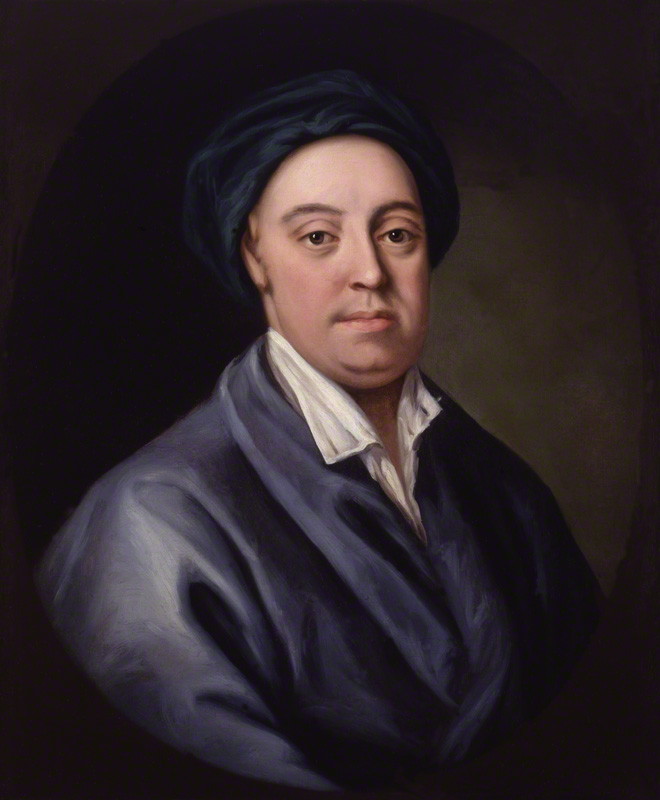James Thomson: Frases en inglés
“But yonder comes the powerful king of day,
Rejoicing in the east.”
Fuente: The Seasons (1726-1730), Summer (1727), l. 81.
“Sighed and looked unutterable things.”
Fuente: The Seasons (1726-1730), Summer (1727), l. 1188.
“A little, round, fat, oily man of God.”
Canto I, Stanza 69.
The Castle of Indolence (1748)
“Who stemm'd the torrent of a downward age.”
Fuente: The Seasons (1726-1730), Summer (1727), l. 1515.
“But who can paint
Like Nature? Can imagination boast,
Amid its gay creation, hues like hers?”
Fuente: The Seasons (1726-1730), Spring (1728), l. 465.
“They who are pleased themselves must always please.”
Canto I, Stanza 15.
The Castle of Indolence (1748)
“Come, gentle Spring! ethereal mildness, come.”
Fuente: The Seasons (1726-1730), Spring (1728), l. 1.
“For still the world prevail'd, and its dread laugh,
Which scarce the firm philosopher can scorn.”
Fuente: The Seasons (1726-1730), Autumn (1730), l. 233.
“The kiss, snatch'd hasty from the sidelong maid.”
Fuente: The Seasons (1726-1730), Winter (1726), l. 625.
“Poor is the triumph o’er the timid hare!
Scared from the corn, and now to some lone seat
Retired”
Fuente: The Seasons (1726-1730), Autumn (1730), l. 71-73.
Canto I, Stanza 68. (Last line said to be "writ by a friend of the author.").
The Castle of Indolence (1748)
“Amid the roses fierce Repentance rears
Her snaky crest.”
Fuente: The Seasons (1726-1730), Spring (1728), l. 996.
“See, Winter comes to rule the varied year,
Sullen and sad.”
Fuente: The Seasons (1726-1730), Winter (1726), l. 1.
“A lucky chance, that oft decides the fate
Of mighty monarchs.”
Fuente: The Seasons (1726-1730), Summer (1727), l. 1285.
“The meek-ey'd Morn appears, mother of dews.”
Fuente: The Seasons (1726-1730), Summer (1727), l. 47.
“Falsely luxurious, will not man awake?”
Fuente: The Seasons (1726-1730), Summer (1727), l. 67.
“Welcome, kindred glooms!
Congenial horrors, hail!”
Fuente: The Seasons (1726-1730), Winter (1726), l. 5-6.
“He ceased; but still their trembling ears retained
The deep vibrations of his witching song.”
Canto I, Stanza 20.
The Castle of Indolence (1748)
“Base Envy withers at another’s joy,
And hates that excellence it cannot reach.”
Fuente: The Seasons (1726-1730), Spring (1728), l. 283.
Coriolanus, Act iii, scene 3; reported in Bartlett's Familiar Quotations, 10th ed. (1919).
